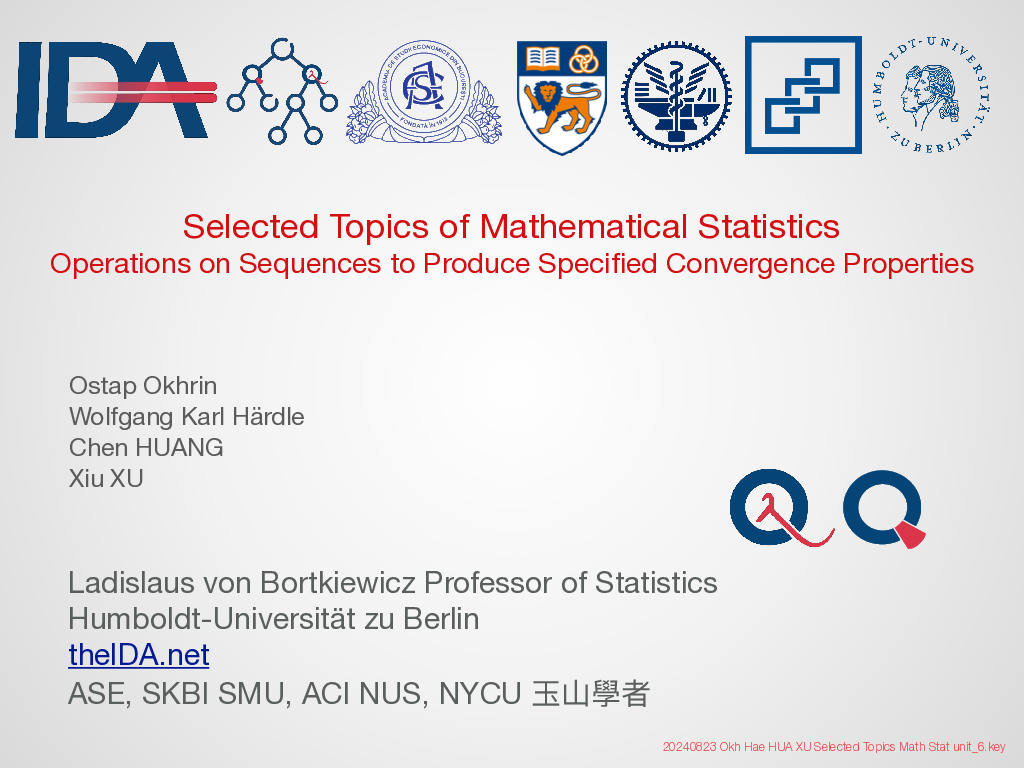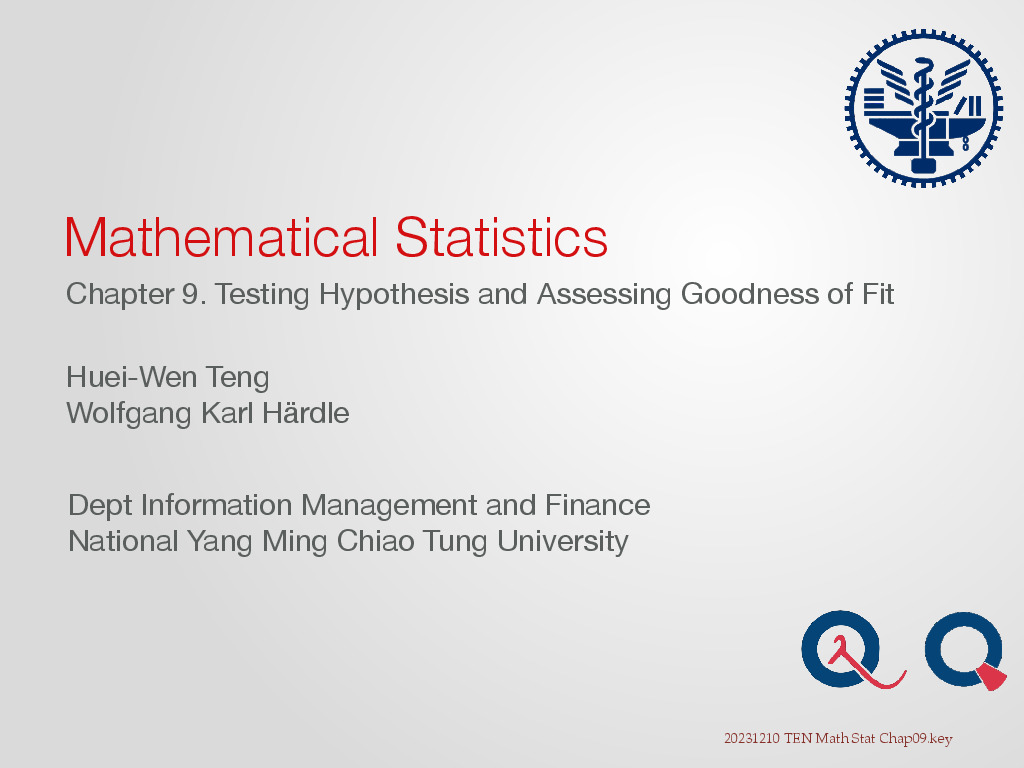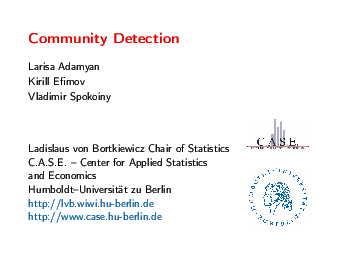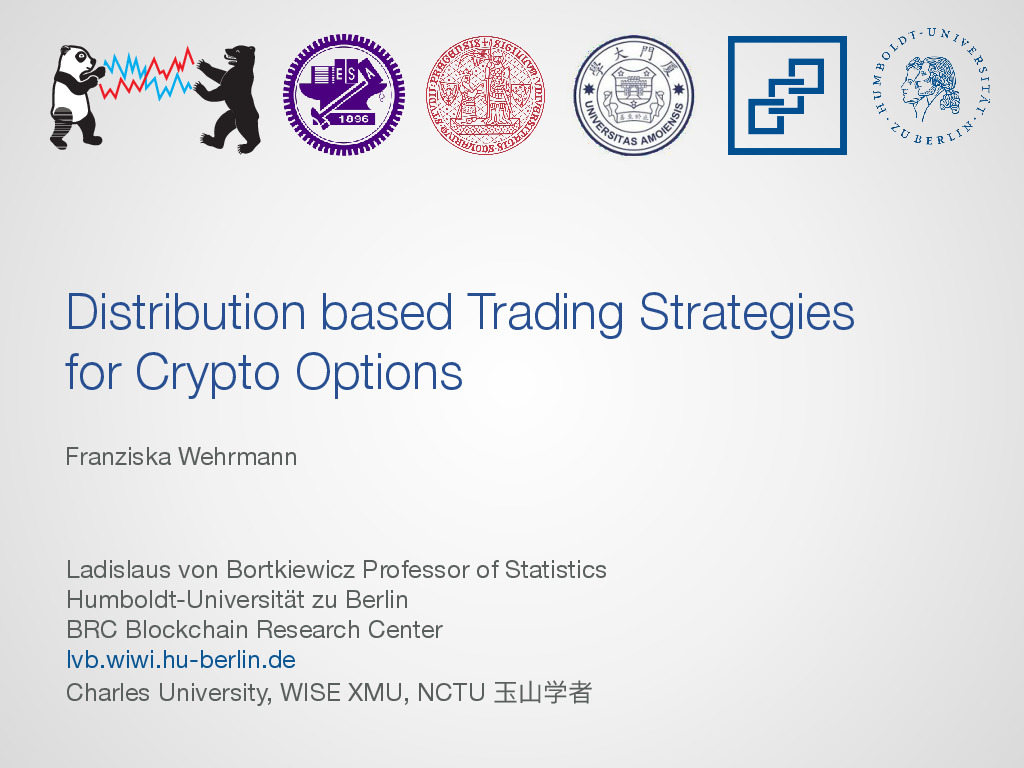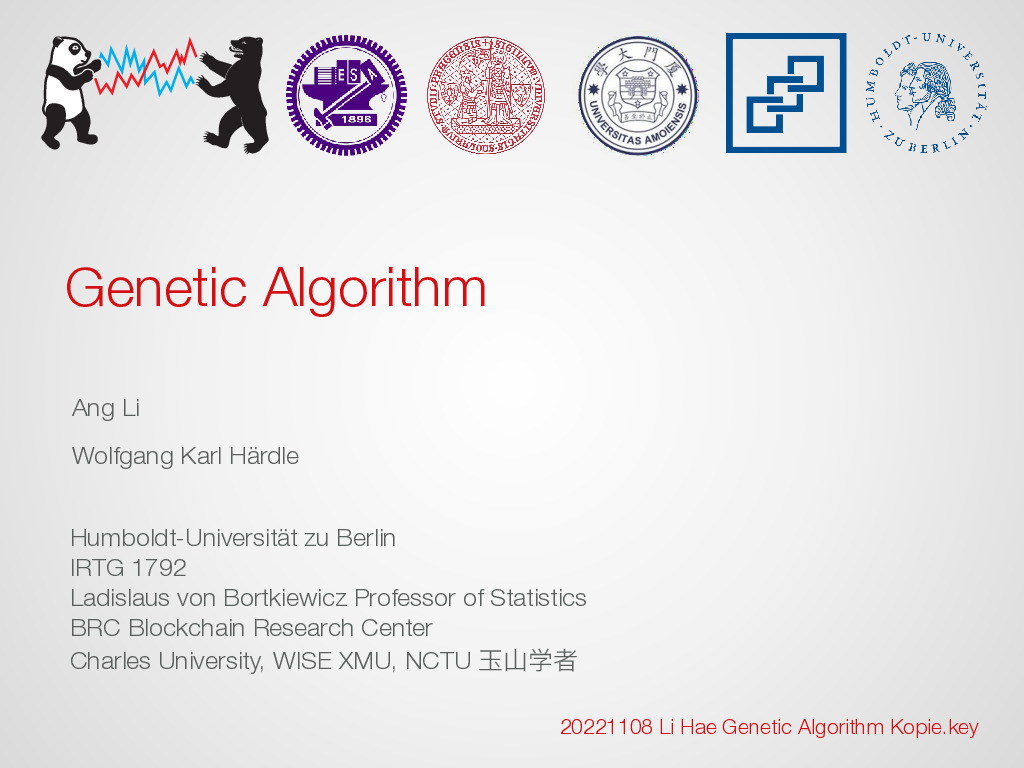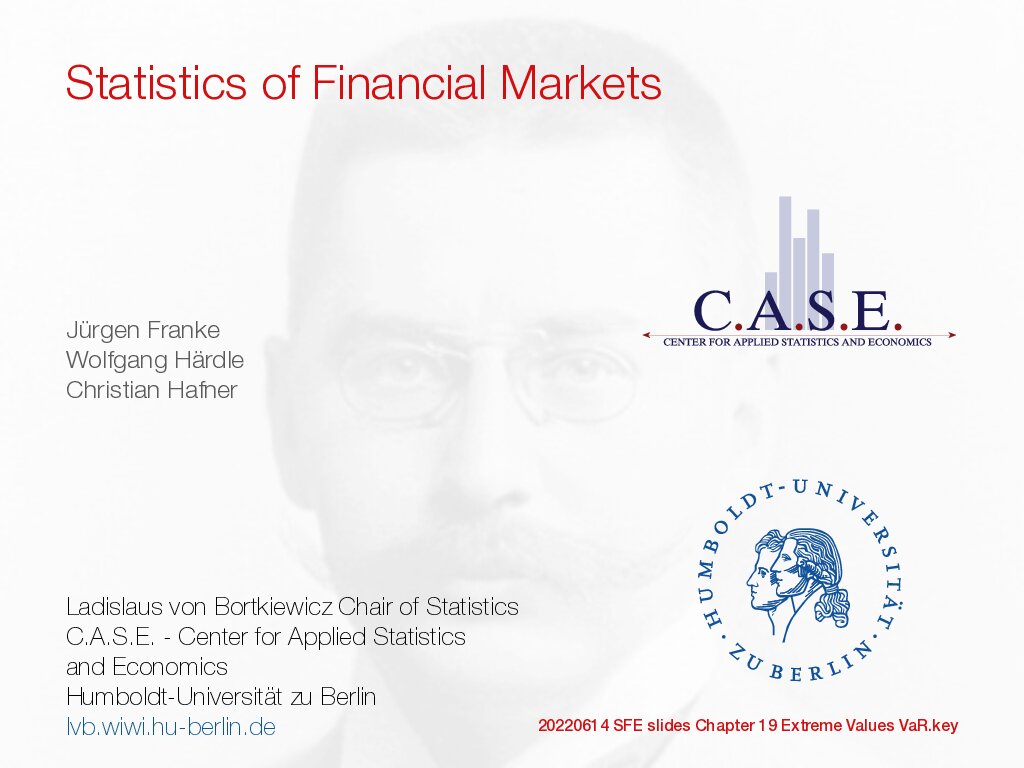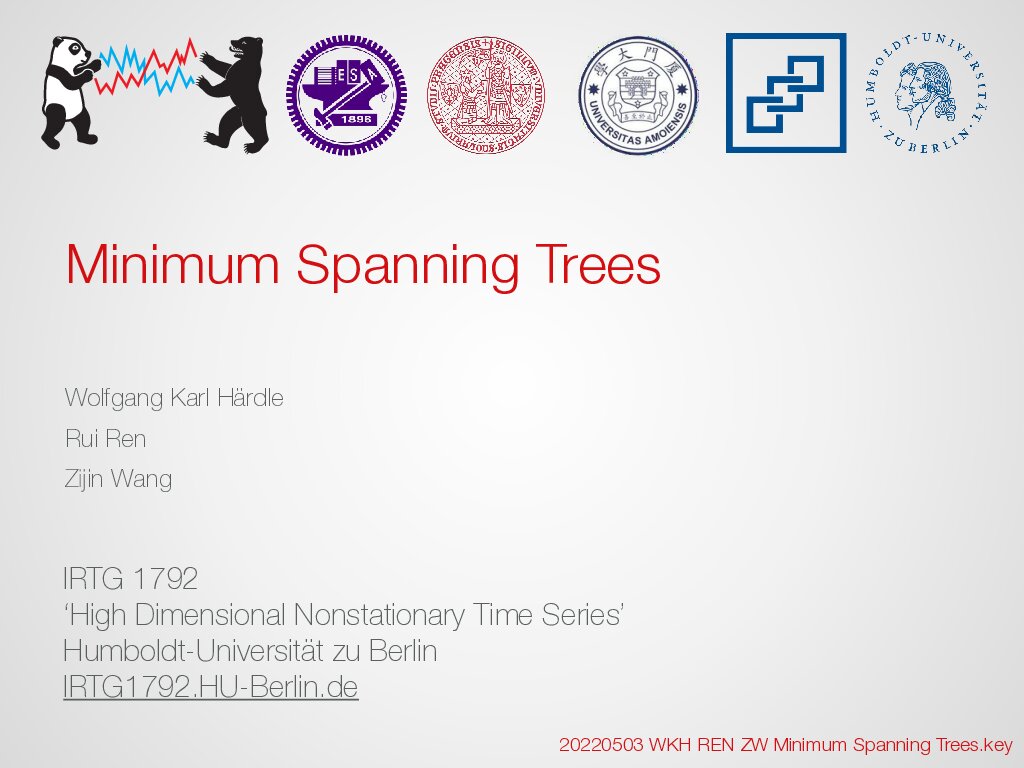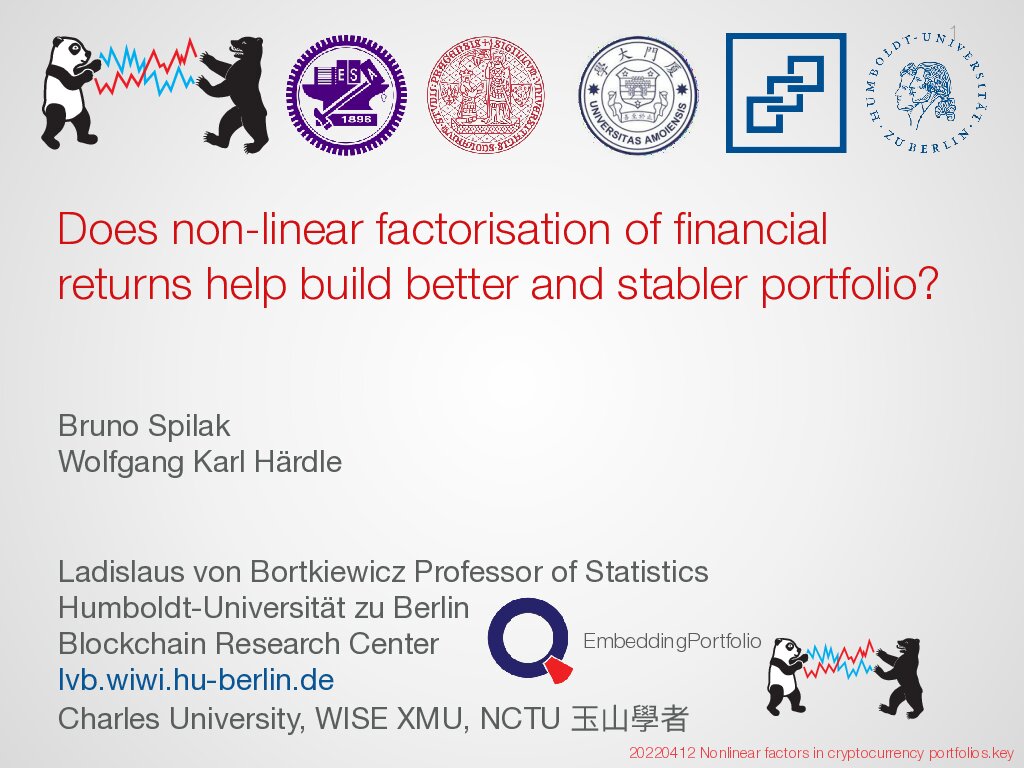Blockchains, Crypto Currencies, Network Analytics
-
- 0 Rating
- 0 Reviews
- 39 Students Enrolled
Blockchains, Crypto Currencies, Network Analytics
This course provides insights into the area of one of the most demanded digital technologies — Blockchain technology (BC tech). The objectives of the course: Understand essential elements of BC tech; Understand practical applications and technological implementations of BC ; Overview impact of BC influence on economics and finance; Use modern technical tools to display data insights.
-
- 0 Rating
- 0 Reviews
- 39 Students Enrolled
Course Content
Requirements
- DEDA, Statistics of Financial Markets, MVA Course
General Overview
Description
Blockchain and other distributed ledger technologies (DLT) have defined a transformative era by ensuring data security and enabling traceable transfers. Over recent years, digital currencies or cryptocurrencies (cryptos) have transitioned from digital novelties to trillion-dollar technologies, poised to reshape the global financial system. In particular, Central Bank Digital Currencies (CBDCs) have surged to prominence, sparking discussions and controversies. The Economist said, "Divide the Cryptocurrency Sheep from the Blockchain Goats.” There is a widespread tendency to overlook the functionalities and capabilities of the underlying blockchain, while society often places a strong emphasis on technology hype. In fact, numerous industrial instances showcase successful empowerment through the adoption of emerging technologies, thereby advancing their markets. As one pillar of the Fourth Industrial Revolution, blockchain technology is catalysing a profound transformation across industries. Its global impact is evident as it furnishes a secure and tamper-proof mechanism for recording and tracking digital transactions. This course provides a comprehensive introduction to blockchain technology, exploring its fundamental concepts and applications through the lenses of economics and statistics.
Recommended for you
Meet the instructors !
Wolfgang Karl HÄRDLE attained his Dr. rer. nat. in Mathematics at Universität Heidelberg in 1982 and in 1988 his habilitation at Universität Bonn. He is Ladislaus von Bortkiewicz Professor of Statistics at Humboldt-Universität zu Berlin and the director of the Sino German Graduate School (洪堡大学 + 厦门大学) IRTG1792 on “High dimensional non stationary time series analysis”. He directs IDA Institute for Digital Assets,
University of Economic Studies, Bucharest, RO. His research focuses on data analytics, dimension reduction and quantitative finance. He has published over 30 books and more than 300 papers in top statistical, econometrics and finance journals. He is highly ranked and cited on Google Scholar, REPEC and SSRN. He has professional experience in financial engineering, S.M.A.R.T. (Specific, Measurable, Achievable, Relevant, Timely) data analytics, machine learning and cryptocurrency markets. He has created the www.quantlet.com platform, a cryptocurrency index, CRIX www.royalton-crix.com He is 玉山学者 (Yushan Scholar), web page hu.berlin/wkh
Wolfgang Karl HÄRDLE attained his Dr. rer. nat. in Mathematics at Universität Heidelberg in 1982 and in 1988 his habilitation at Universität Bonn. He is Ladislaus von Bortkiewicz Professor of Statistics at Humboldt-Universität zu Berlin and the director of the Sino German Graduate School (洪堡大学 + 厦门大学) IRTG1792 on “High dimensional non stationary time series analysis”. He directs IDA Institute for Digital Assets,
University of Economic Studies, Bucharest, RO. His research focuses on data analytics, dimension reduction and quantitative finance. He has published over 30 books and more than 300 papers in top statistical, econometrics and finance journals. He is highly ranked and cited on Google Scholar, REPEC and SSRN. He has professional experience in financial engineering, S.M.A.R.T. (Specific, Measurable, Achievable, Relevant, Timely) data analytics, machine learning and cryptocurrency markets. He has created the www.quantlet.com platform, a cryptocurrency index, CRIX www.royalton-crix.com He is 玉山学者 (Yushan Scholar), web page hu.berlin/wkh





